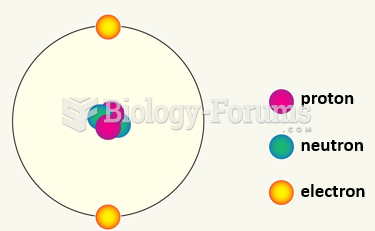Answer to Question 1
- Most of the plot details seem more hyperbolic or mythic than realistic. In real life, a man like Judge Hidalgo, a stern, fussy, solitary, lifelong bachelor, rarely transforms into a man who flings off his gloomy robes and rollicks with his children and chuckles with his wife (par. 1). It seems fairy-tale-like that not only would gloomy wedding-day prophecies remain unfulfilled but also that Casilda would emerge happy and smiling from three pregnancies in rapid succession (par. 1). It also seems unrealistic that the towns severe and stubborn judge would so forget his scruples and commit this gross, very public, cruel injustice in order to defend justice (par. 5). In a realistic story, the judges wife Casilda would have intervened with different timing and a different approachinstead of being prompted by priestly delegation and defying her husband in front of the whole town.
Answer to Question 2
- There are undeniable elements of magical realism in The Judges Wife. From the very first sentence we are in a world ruled, at least to some degree, by destiny, or fate, as opposed to the realistic tradition, in which the emphasis tends to fall on chance and free will, and events usually occur spontaneously through the often-random interactions of individual psychological complexes known as human beings. Another passage in the Allende interview cited above indirectly addresses just such issues:
The first lie of fiction is that the author gives some order to the chaos of life: chronological order, or whatever order the author chooses. As a writer, you select some part of a whole; you decide that
those things are important and the rest is not. And you will write about those things from your perspective. Life is not that way. Everything happens simultaneously, in a chaotic way, and you dont make choices. You are not the boss;
life is the boss. So when you accept as a writer that fiction is lying, then you become free; you can do anything. Then you start walking in circles. The larger the circle, the more truth you can get. The wider the horizon, the more you walk, the more you linger in everything, the better chance you have of finding particles of truth.
Some specific elements of magical realism in The Judges Wife begin in the first sentence and continue until the last. Nicolas Vidals destiny is pronounced on the day of his birth, he believes that it will someday be fulfilled, and, at the end of the story, it is. He is born with four nipples. The cries of his mother in the cage of her torment are carried magically to every corner of the surrounding area. The final erotic encounter between Nicolas and Casilda, in its intensity, totality, and duration, takes on mythic proportions.







